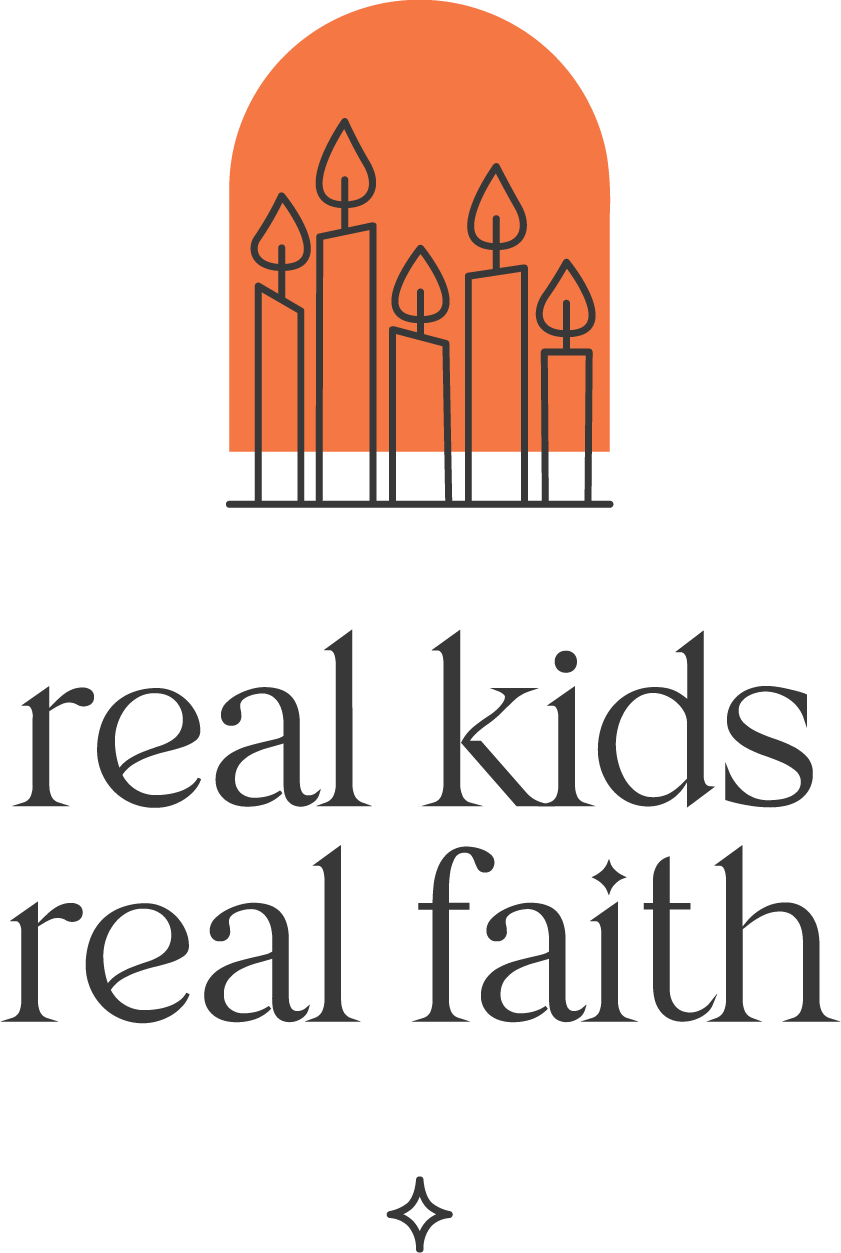As I sit on the floor with a group of five and six year olds, I ask, “What do you think it means to practice silence?” The children look puzzled and then one says, “Is it zipping your lips?” Another proclaims, “It’s when you have to be quiet!” A third suggests that her memaw’s admonishment to be “quiet as a mouse” might explain it. Further guesses follow and I have their full attention when I finally begin to lead them in a contemplative centering exercise.
Guesswork has a negative reputation among many educators, parents, and caregivers. It’s viewed as sloppy thinking or even intellectual laziness. Instead of guessing, children are expected to “look it up” or tap into information provided by textbooks, authority figures, or other reliable sources.
Yet research shows that guessing the answers to questions they don’t know increases children’s interest in a topic. In fact, guessing wrongly actually piques children’s curiosity more than a correct guess. It challenges kids to seek out the right answer, especially if adults affirm their guesses as good ‘first trys’ and encourage further exploration.
The usefulness of guesswork lies primarily in the ways it builds connections with a topic. Adults need to pose questions that relate to significant aspects of a topic. For example, asking “What is one of the hardest parts of practicing yoga well?” gets children thinking about what they already know and what they imagine could be difficult. As they throw out guesses, they build a set of hypotheses that they can investigate. The same is true for a question like, “How often do you need to practice meditation to become good at focusing?”, which prompts kids to try out the practice several times to discover whether their guess is accurate.
Low-key pretests can be a useful teaching tool for productive guessing. Invite each child to answer a short set of questions about the history of spirituality, a particular spiritual exemplar, or the shape of a spiritual practice. Design the questions so that each one points toward a particular aspect of the topic you plan to teach. Then create activities and presentations that support kids as they search for the information needed to find the correct answers. Encourage them to share how close (or far away) their findings are from their original guesses.
Studies show that a well-designed pretest that encourages guesswork results in an almost 50% higher rate of subject recall at the end of a unit. Children retain more information and understand its meaning better because they are more invested in learning. They are motivated to figure out the ‘puzzle’ that the pretest questions posed. Working to validate or disprove their guesses generates a sense of agency and competency, which produces pleasant sensations and emotions. In other words, guessing can be part of a positive learning environment where kids’ curiosity and thirst for knowledge thrive.

Comments